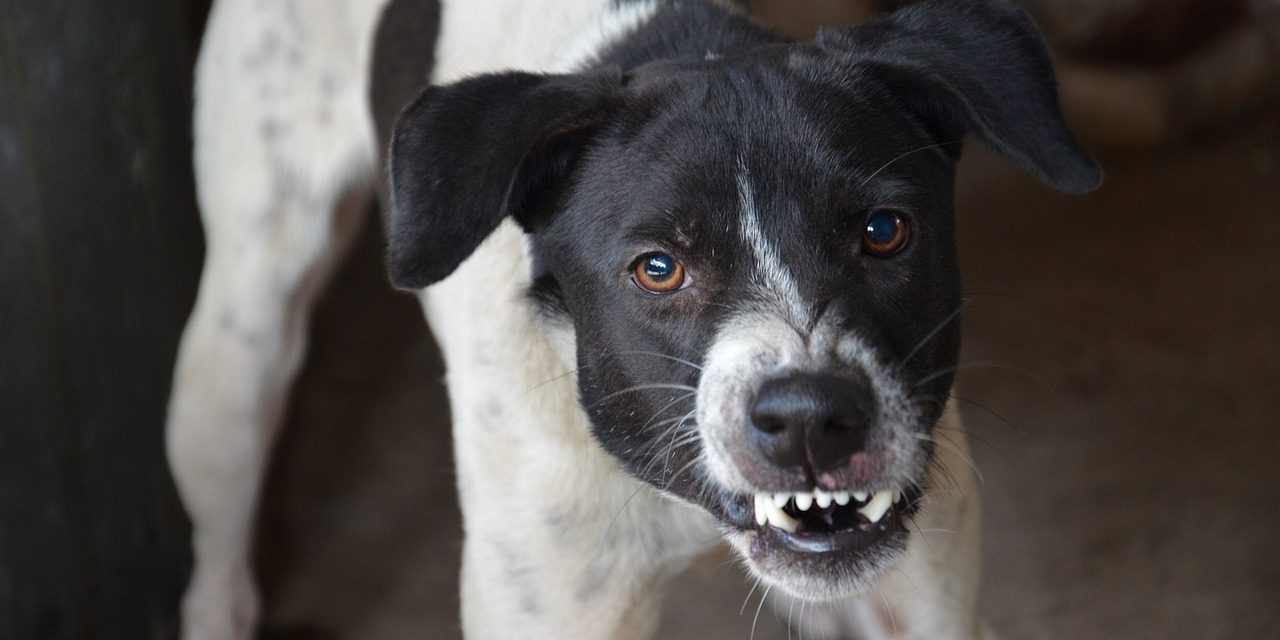The British Veterinary Association (BVA) has released new statistics that shed light on the long-term effects of the pandemic on puppies. According to the survey, veterinarians, although uncertain about the exact age of the dogs involved, found that 87% of the known-aged dogs were under three years old, indicating the lasting impacts of the pandemic on puppies purchased during lockdown. Additionally, the survey revealed that almost one in four (24%) vets reported an increase in the number of pets treated for injuries resulting from aggressive behavior by dogs over the past year.
These findings support the concerns raised by veterinarians about the behavioral consequences experienced by puppies bought or bred during the COVID-19 lockdowns in 2020 and 2021. The BVA emphasizes the importance of responsible puppy ownership, proper socialization, and seeking veterinary advice if owners have concerns about their pet’s behavior.
During the initial year of the pandemic, an estimated 3.2 million households in the UK acquired a pet, with a higher proportion of people owning dogs compared to early 2020. Pandemic puppy owners were more likely to be first-time dog owners and less likely to seek breeders who conducted health testing on their breeding dogs or to view puppies in person.
To gain insight into the issue, veterinarians convened at the BVA Live conference in Birmingham for a session on “Supporting Pandemic Puppies in Practice.” The session explored the emotional, cognitive, and behavioral impact of the pandemic on puppies born and raised during the lockdown periods. Sarah Heath, clinical director at Behavioural Referrals Veterinary Practice, discussed the underlying reasons for these issues and approaches that vets should take to make veterinary visits less stressful for dogs, their owners, and veterinary teams.
A 2022 study conducted by the Royal Veterinary College, funded by the BVA’s Animal Welfare Foundation, predicted the potential development of behavioral problems in some pandemic puppies acquired in 2020. The study highlighted the need for enhanced support from veterinarians, particularly those specializing in animal behavior, to assist owners of such dogs.
Justine Shotton, Senior Vice President of the British Veterinary Association, acknowledged that the new statistics are concerning but not surprising. Vets and animal charities have long expressed concerns about the long-term consequences of the pandemic puppy boom, as owners faced challenges in accessing adequate training and socialization opportunities crucial for early-life development.
The BVA strongly encourages pet owners who are worried about their dog’s behavior to consult with a vet. Vets can check for any underlying medical issues, provide advice, and refer them to an ABTC-accredited veterinary behaviorist. Seeking help promptly is crucial, as poor behavior can worsen and become more challenging to address as dogs mature. The BVA also emphasizes the importance of thorough research and utilizing the Puppy Contract to ensure the purchase of a healthy puppy from a responsible source. It is essential to provide puppies with positive opportunities for socialization with humans of all ages, other animals, different environments, various noises, and everyday experiences, including visits to the vet practice.
BVA Live, a conference and exhibition organized by CloserStill Media and BVA, aimed to provide veterinary professionals with opportunities to discuss the latest industry topics, access clinical and non-clinical CPD (Continuing Professional Development), and engage in networking activities. The session on “Supporting Pandemic Puppies in Practice” was held May 11th 2023.








